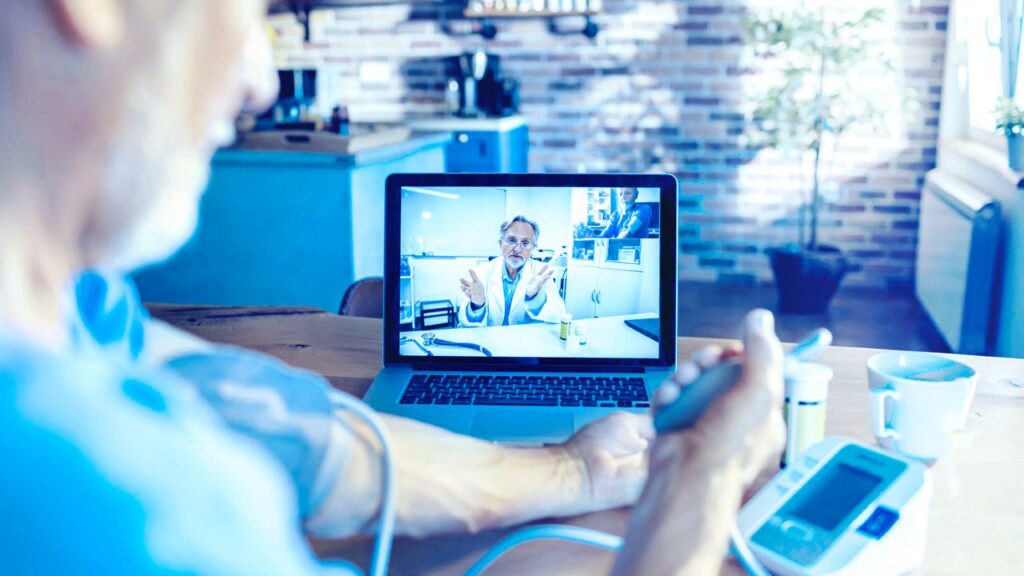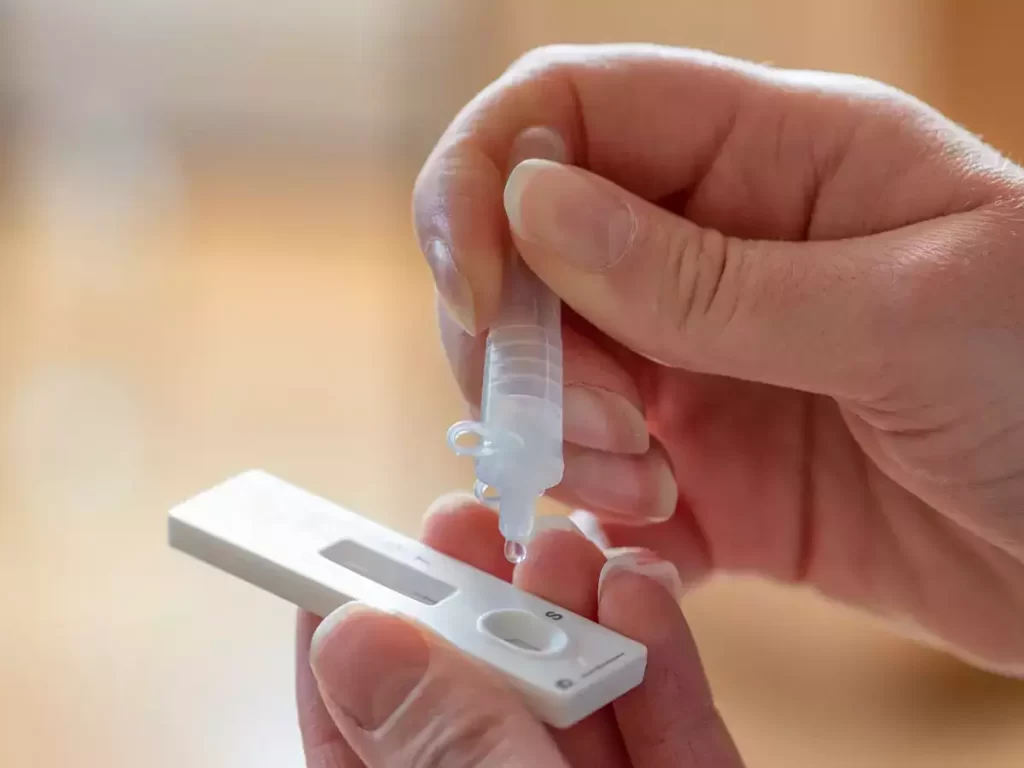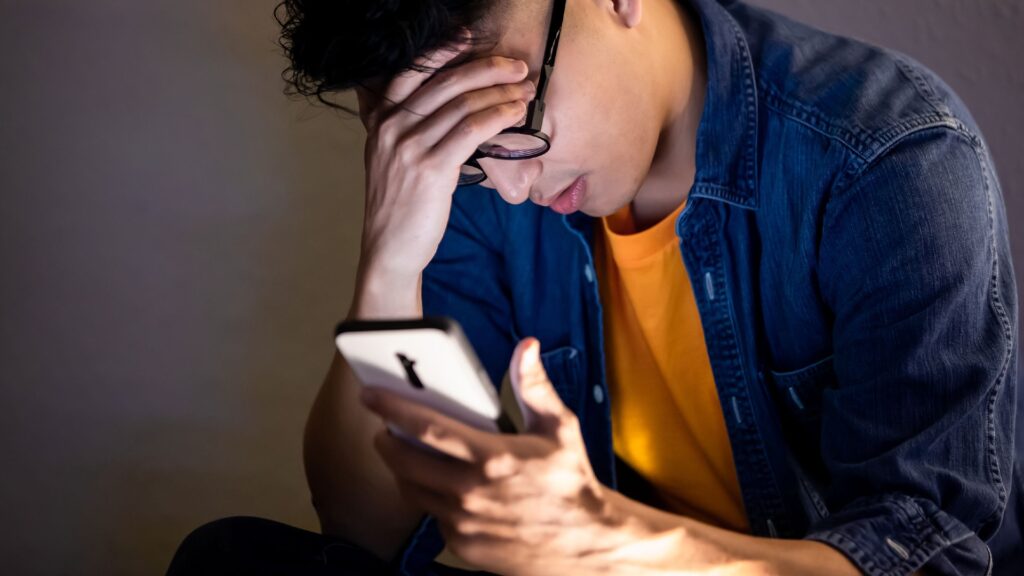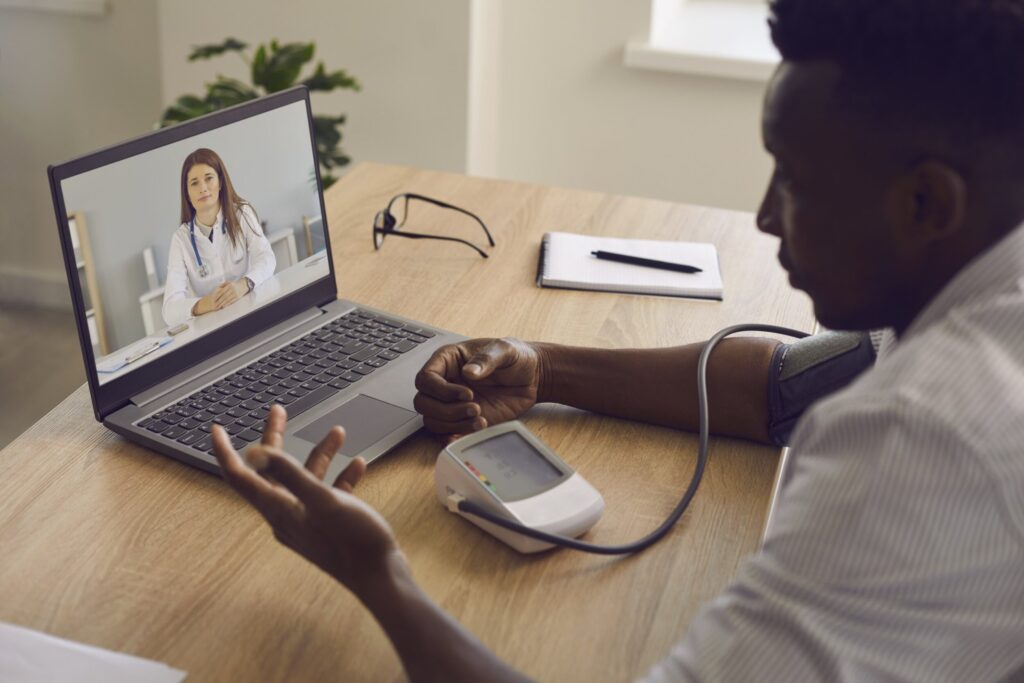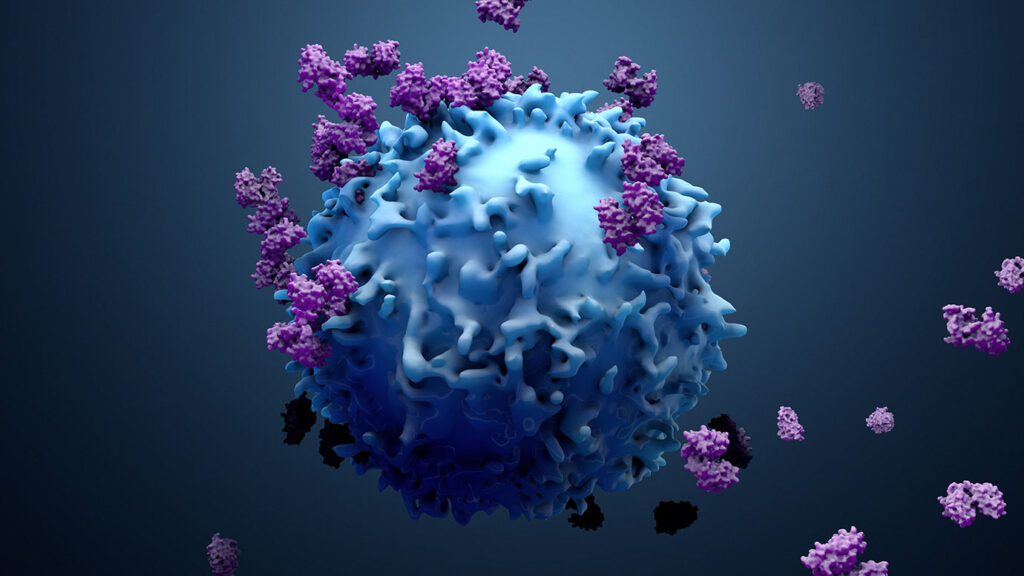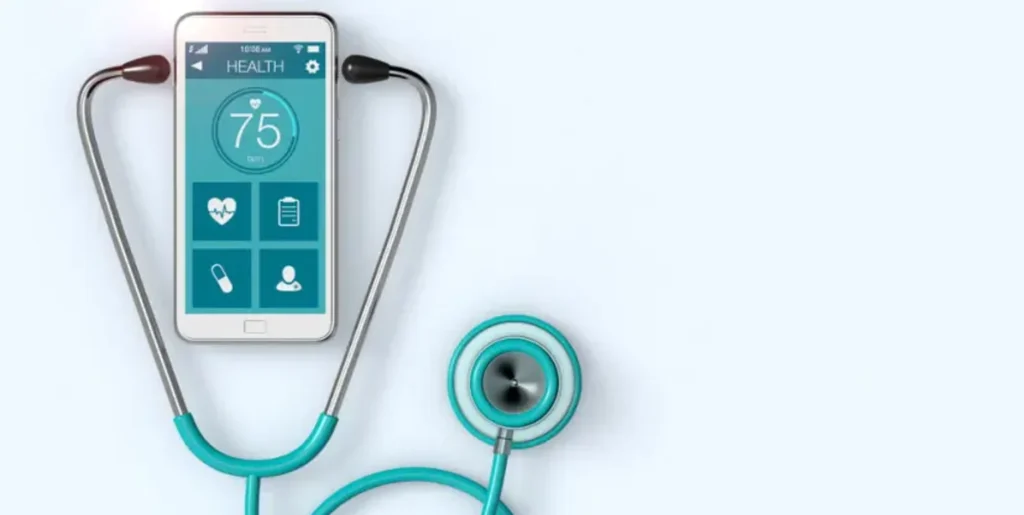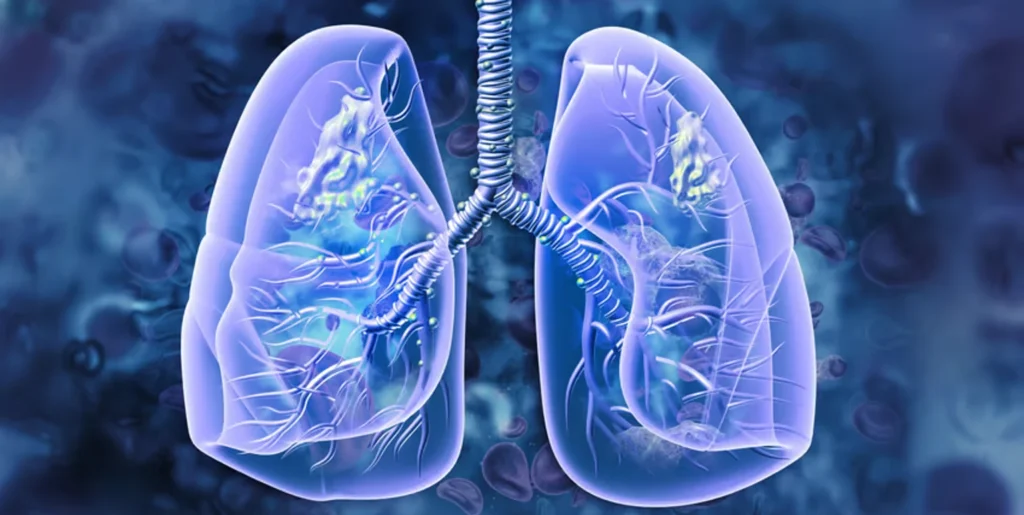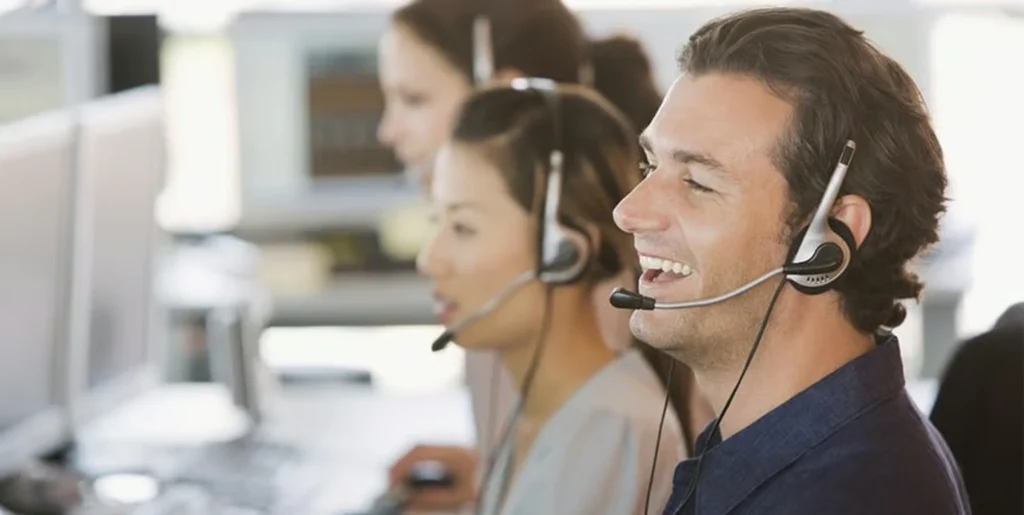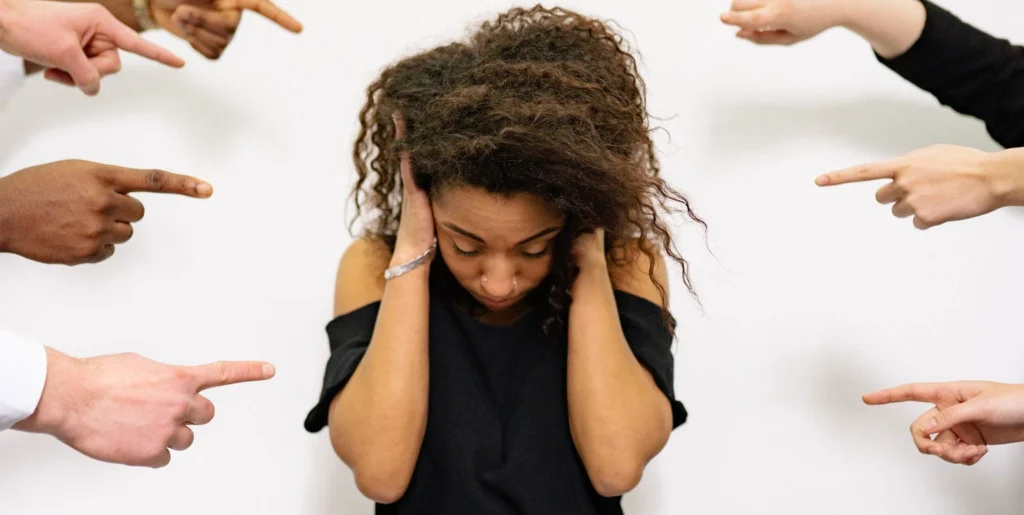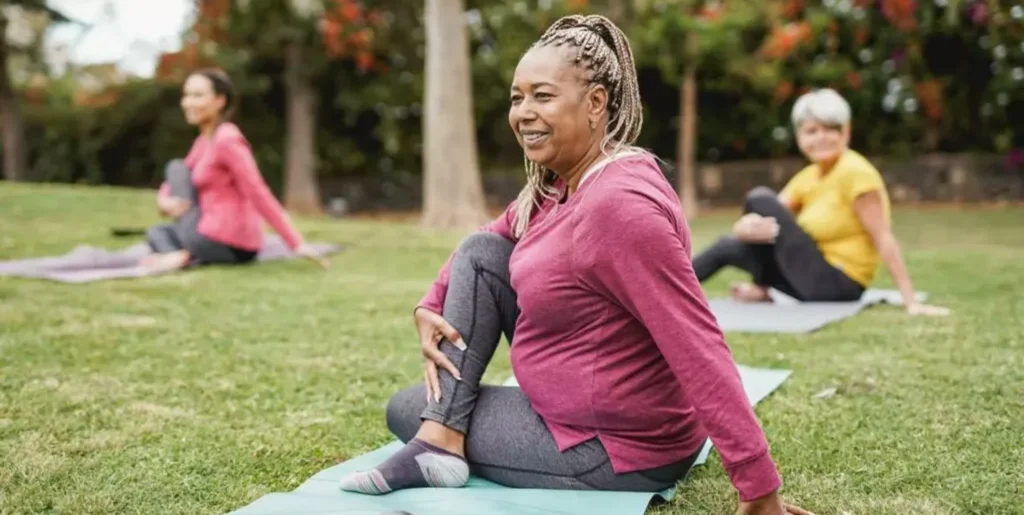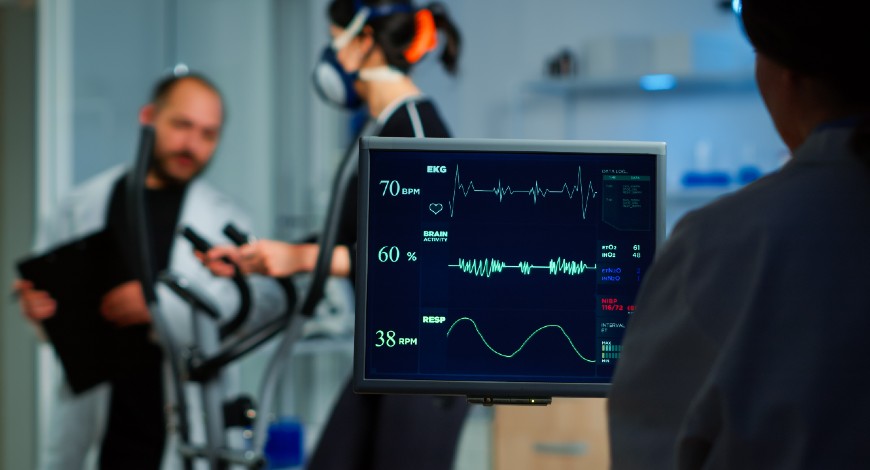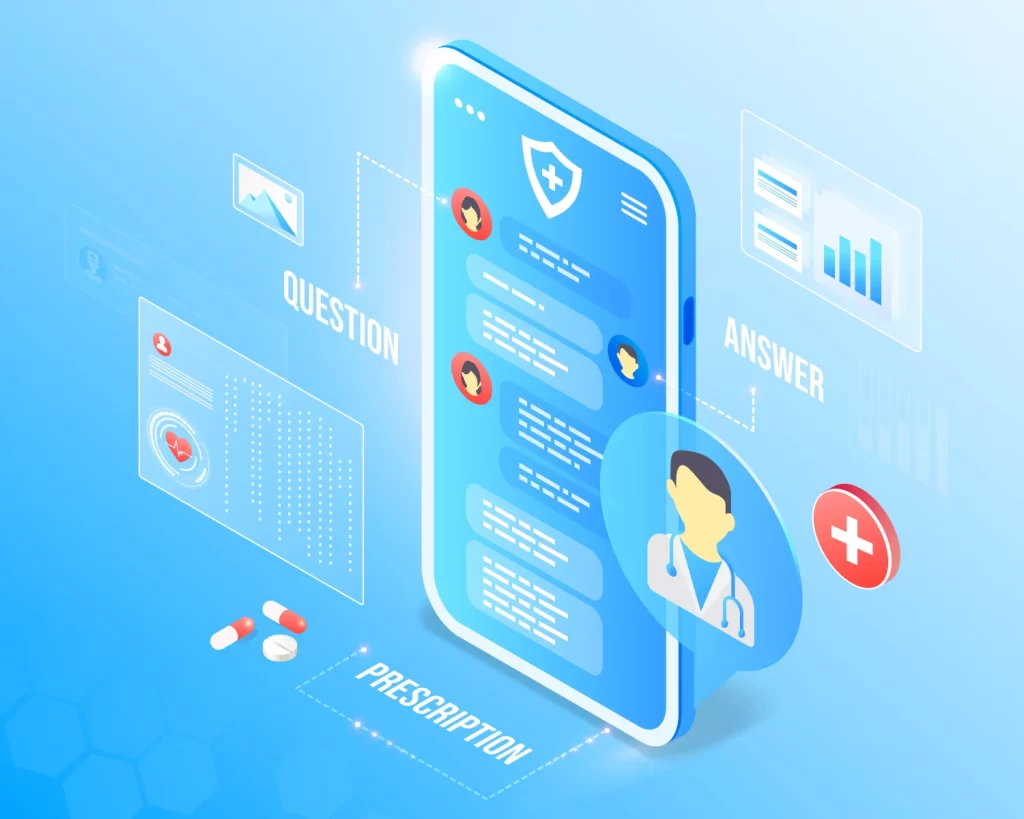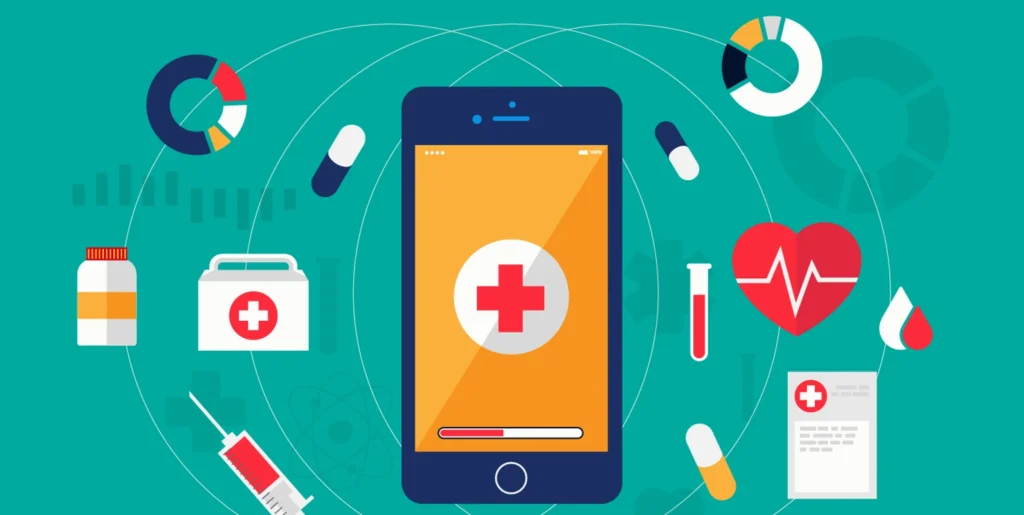Social Anxiety
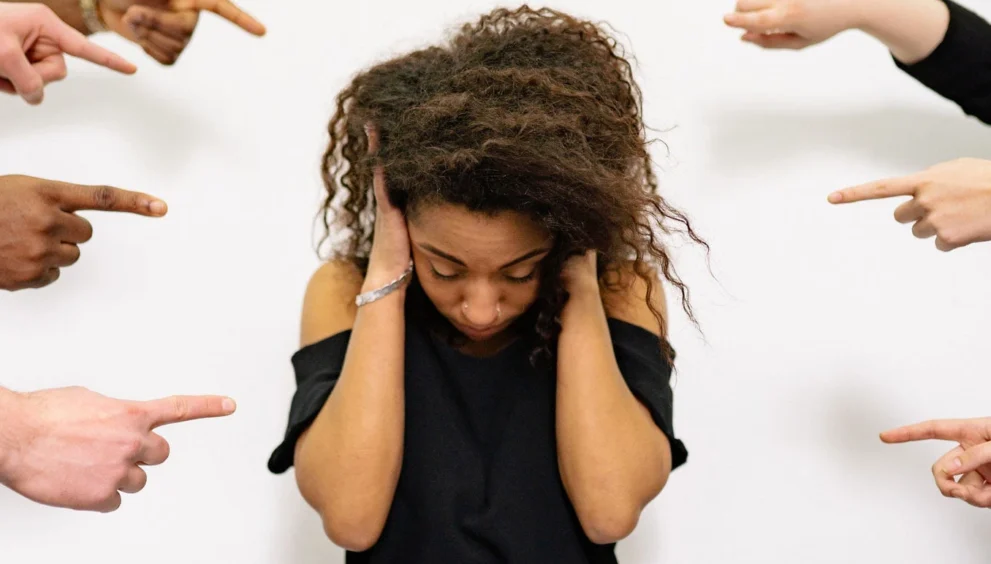
What is social anxiety disorder or social phobia?
Many people get nervous or self-conscious on occasion, like when giving a speech or interviewing for a new
job. But social anxiety disorder, or social phobia, is more than just shyness or occasional nerves. Social anxiety
disorder involves intense fear of certain social situations—especially situations that are unfamiliar or in which
you feel you’ll be watched or evaluated by others. These situations may be so frightening that you get anxious
just thinking about them or go to great lengths to avoid them, disrupting your life in the process.
Underlying social anxiety disorder is the fear of being scrutinized, judged, or embarrassed in public. You may
be afraid that people will think badly of you or that you won’t measure up in comparison to others. And even
though you probably realize that your fears of being judged are at least somewhat irrational and overblown, you
still can’t help feeling anxious. But no matter how painfully shy you may be and no matter how bad the
butterflies, you can learn to be comfortable in social situations and reclaim your life.
What causes social anxiety?
Although it may feel like you’re the only one with this problem, social anxiety is actually quite common. Many
people struggle with these fears. But the situations that trigger the symptoms of social anxiety disorder can be
different.
Some people experience anxiety in most social situations. For others, anxiety is connected to specific social
situations, such as speaking to strangers, mingling at parties, or performing in front of an audience. Common
social anxiety triggers include:
Meeting new people
Making small talk
Public speaking
Performing on stage
Being the center of attention
Being watched while doing something
Being teased or criticized
Talking with “important” people or authority figures
Being called on in class
Going on a date
Speaking up in a meeting
Using public restrooms
Taking exams
Eating or drinking in public
Making phone calls
Attending parties or other social gatherings
Social anxiety disorder treatment
Medication is sometimes used to relieve the symptoms of social anxiety, but it’s not a cure. Medication
is considered most helpful when used in addition to therapy and self-help techniques that address the
root cause of your social anxiety disorder.
Three types of medication are used in the treatment of social anxiety:
Beta blockers are used for relieving performance anxiety. While they don’t affect the emotional
symptoms of anxiety, they can control physical symptoms such as shaking hands or voice, sweating, and
rapid heartbeat.
Antidepressants may be helpful when social anxiety disorder is severe and debilitating.
Benzodiazepines are fast-acting anti-anxiety medications. However, they are sedating and addictive, so
are typically prescribed only when other medications have not worked.

